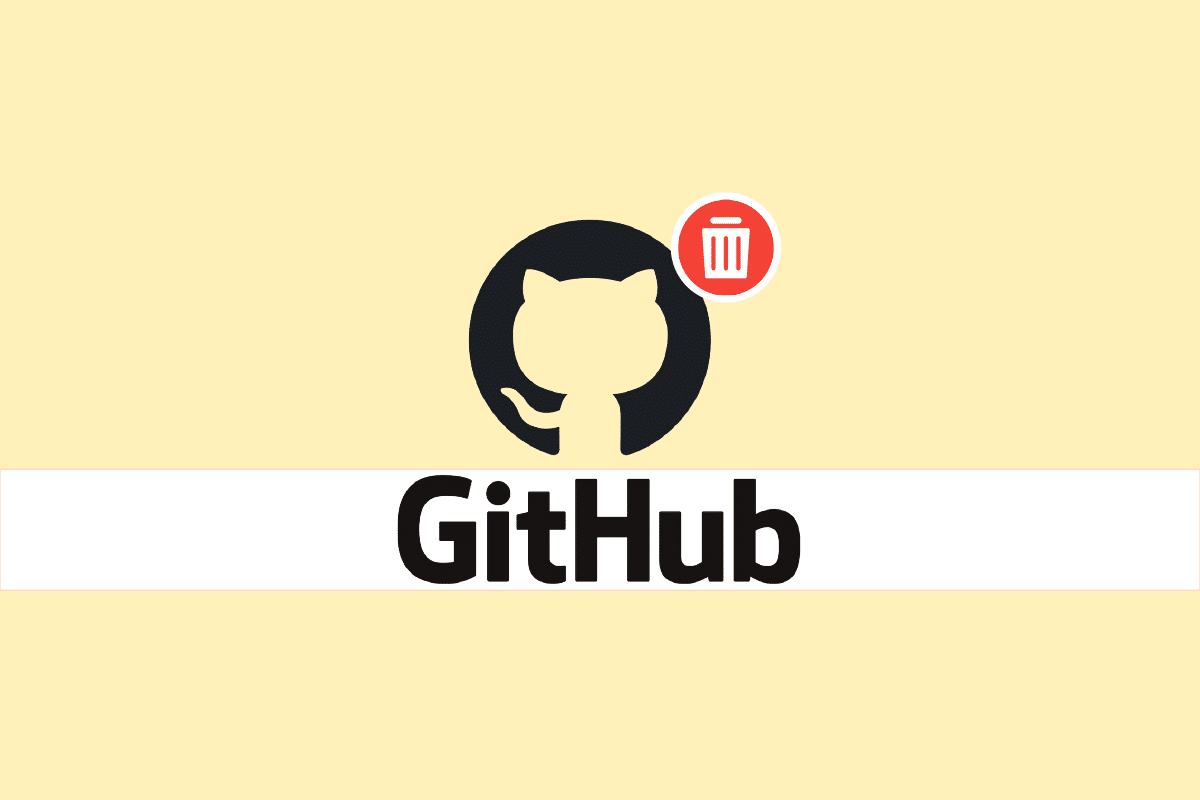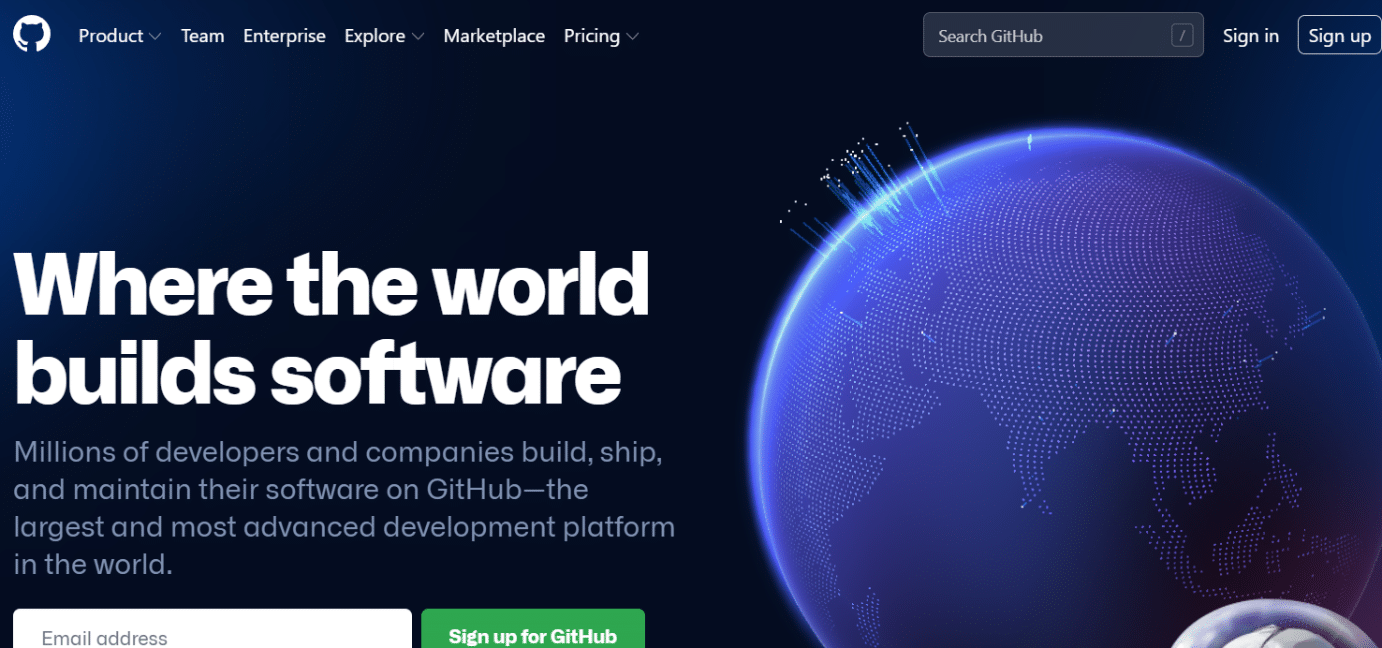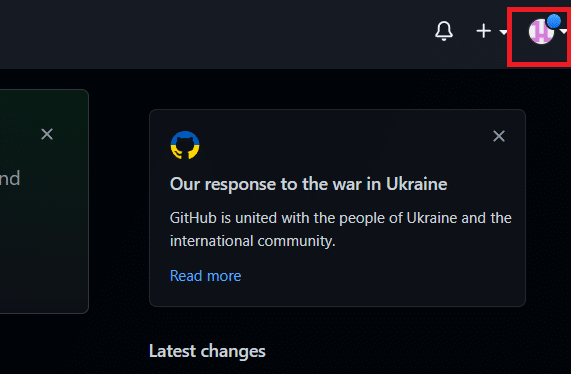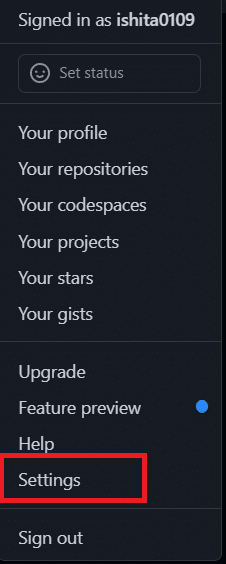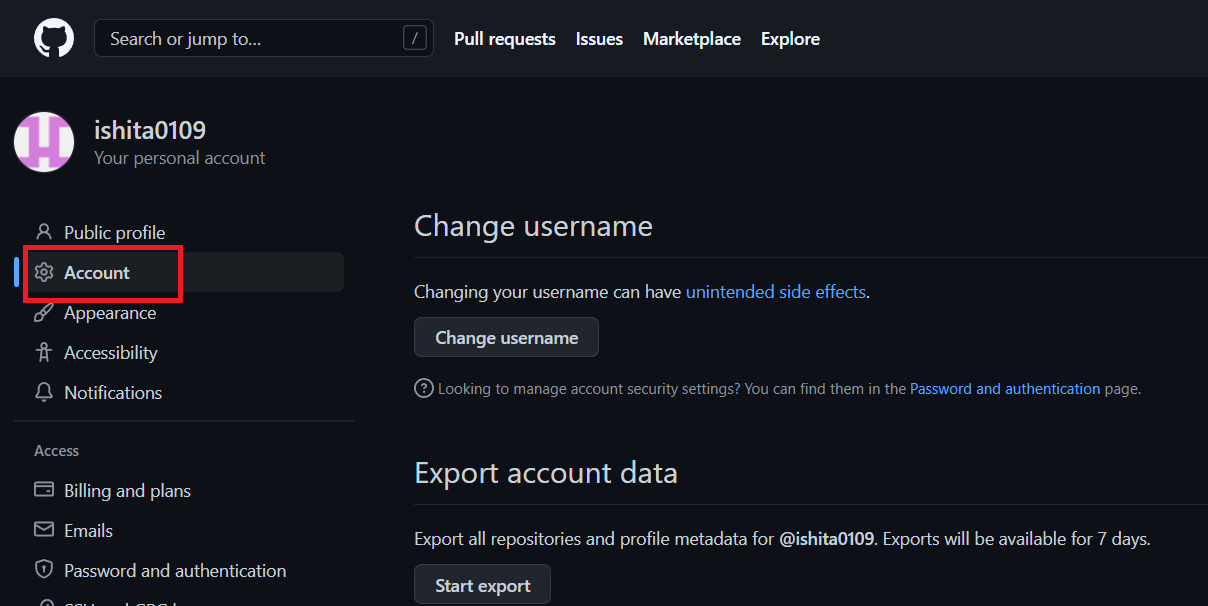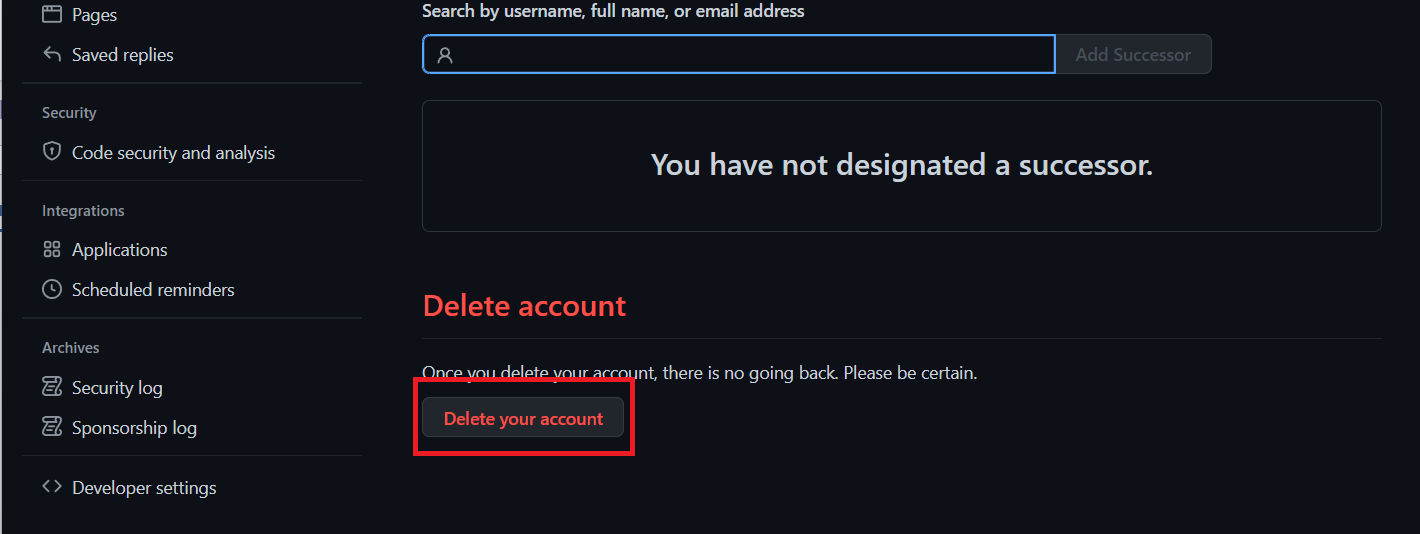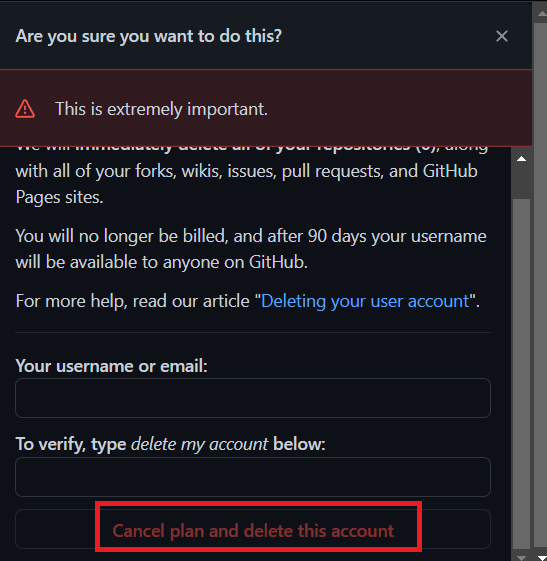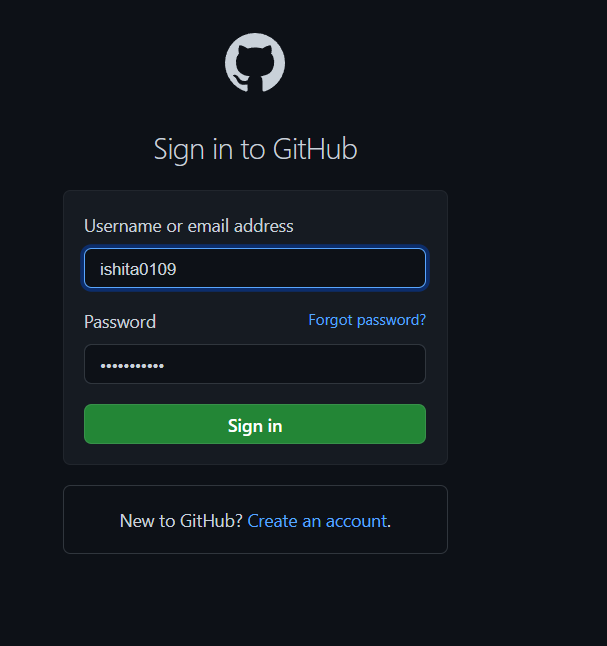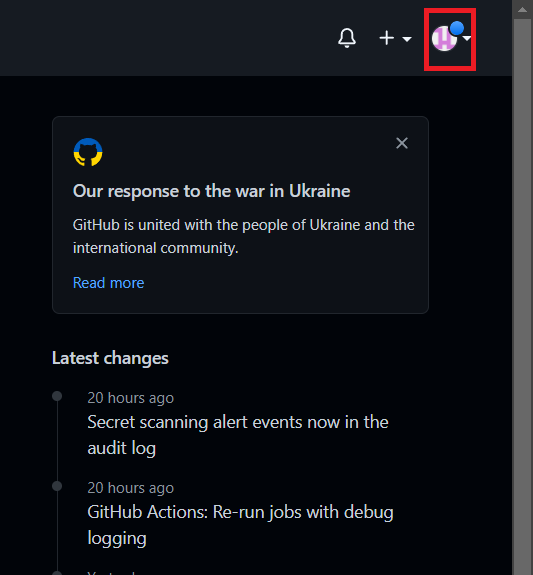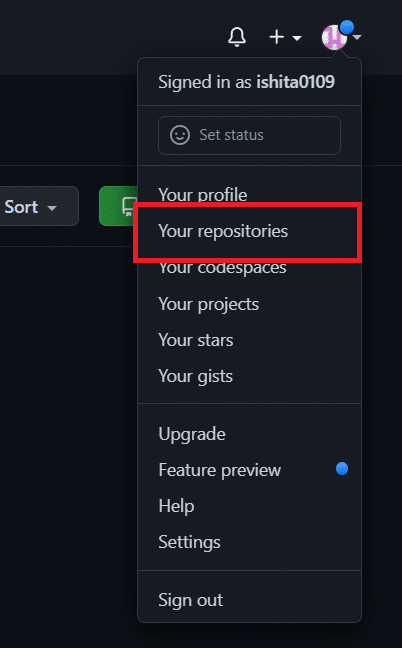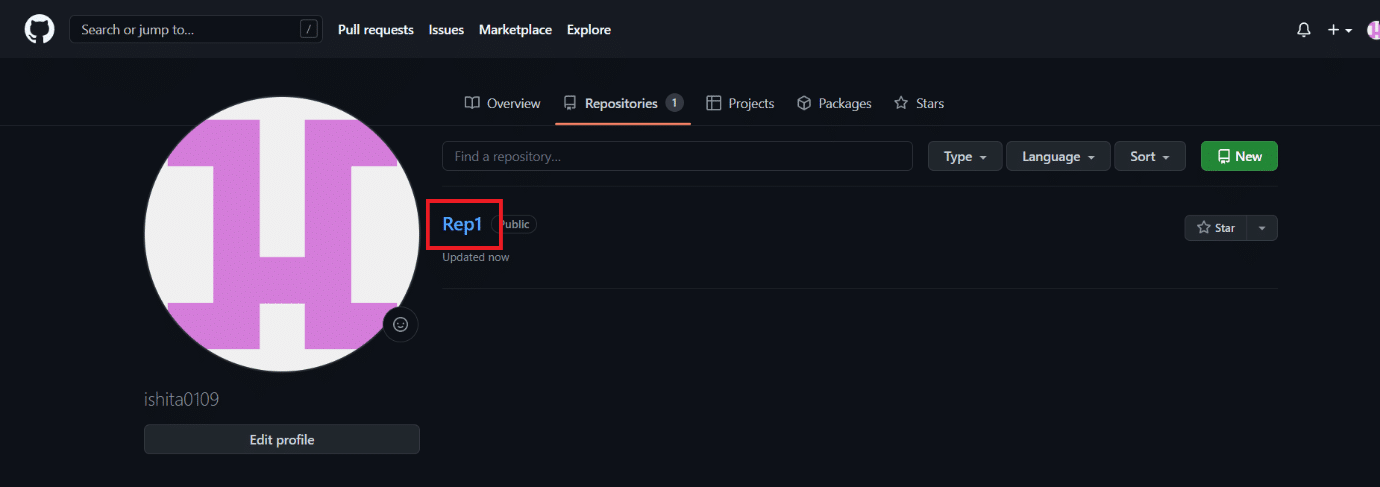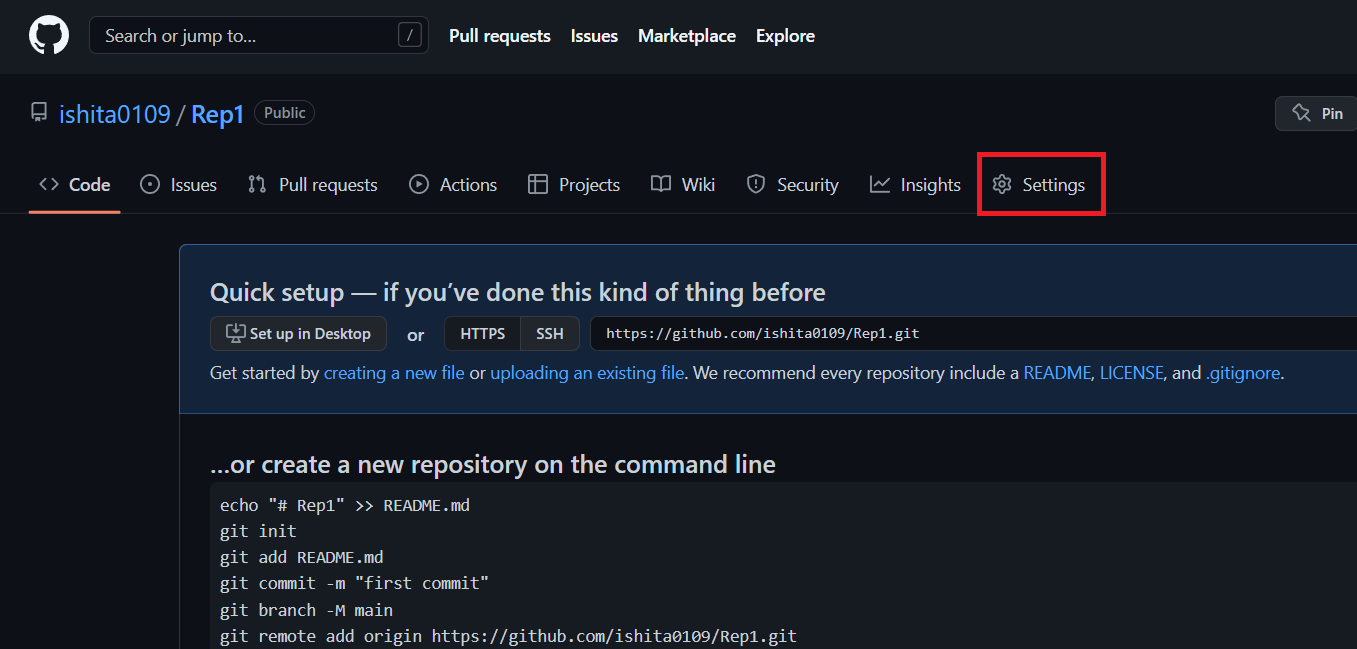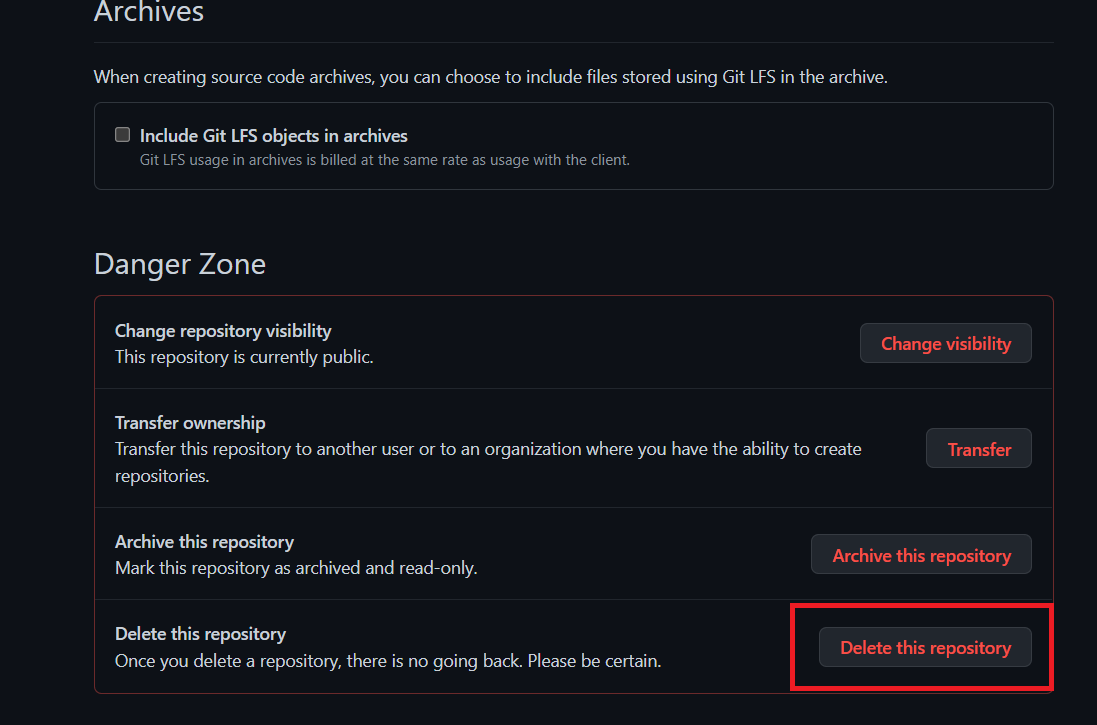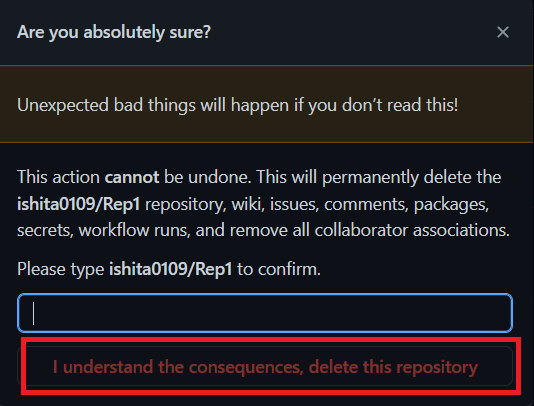How to Delete Github Account Permanently
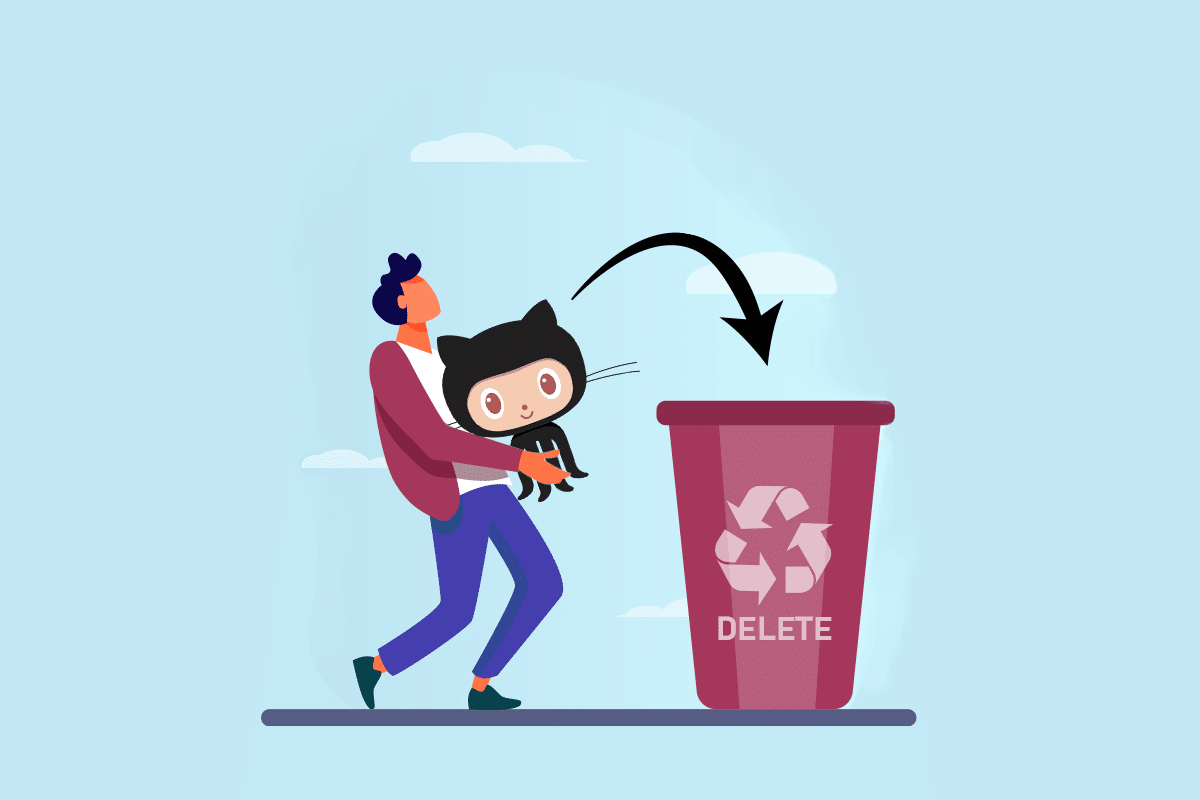
GitHub is a top-rated hosting service for version control in software development. Software engineers the world over find Github useful since it allows them to collaborate on projects. Once the software development process is completed and an application is halted, developers may find themselves needing to delete a GitHub repository. Deleting outdated repositories can make your account more presentable to possible future employers. If you want to know how to delete Github Account permanently, read below!
How to Delete Github Account Permanently
If you’re the owner of the organization or possess admin privileges for that repository or fork, you can remove it. Otherwise, you won’t be able to.
Points to Consider
- All of your repositories, forks of private repositories, wikis, problems, pull requests, and pages owned by you will be destroyed after you end your account. However, the upstream repository remains unaffected.
- Your problems and pull requests as well as your comments in other people’s repositories will not be deleted. They’ll be added to your Ghost user list.
- Your username/email address will become available to anyone who wants to create a new account with it.
- Github will stop charging you automatically.
Pre-Requisites
- Create a backup of all your repositories, private forks, wikis, problems, and pull requests that belong to your account.
- If you are the sole owner of an organization, you must first transfer ownership to someone else and then, proceed with the deletion.
- Remove yourself from the organization before deactivating your account, in case, the organization has multiple owners.
Also Read: How to Clone Kodi Configuration and Duplicate Your Setup
How to Delete Github Account Permanently
1. Go to the GitHub homepage and log in to your GitHub Account by clicking the Sign in option from the top right corner.
2. Click on your profile icon from the upper right corner of the website.
3. From the dropdown menu, choose Settings as shown.
4. From the left pane, Select the Account option.
5. Scroll to the bottom of the page and select the Delete your account option shown highlighted below.
6. A confirmation window will appear. Type Your username or email & delete my account in the given fields.
7. Finally, click on Cancel plan and delete this account as depicted below.
Also Read: How to Fix Git Merge Error
How to Delete a Repository in GitHub
If you do not wish to delete your GitHub account and only a few repository then follow the instructions below to do so:
1. Go to GitHub homepage and click on Sign in option shown highlighted.
2. To login to your account, enter your login credentials: Username or email address & Password.
3. From the top-right corner, click profile symbol.
4. From the menu that entails, click on Your repositories option as shown.
5. Find the repository you wish to remove on this page and click on the title of repository.
6. From the top of the Toolbar, select Settings option as depicted below.
7. Continue scrolling until you reach the Danger Zone section at the bottom of the page. Now, click Delete this repository button as shown.
8. On the next screen, you’ll now be prompted to confirm if you wish to remove the repository. Thus, in the text box provided, type the repository’s name, then click the I understand the consequences, delete this repository option.
Once deleted, you’ll be redirected to the GitHub main page.
Also Read: How to Find Sprint Account Number and PIN
What Happens When You Delete GitHub Repository?
When a developer deletes a GitHub repository via the Admin panel, no Git clean-up is performed on any of the developer or DevOps PCs. Any efforts to push or pull to the deleted repo GitHub repository will fail with a repository not found message. A developer would have to manually remove all related files and folders on a user’s physical system if they want to erase a user instance of a GitHub repository.
Recommended:
We hope you learnt about how to delete GitHub account. Please use the form below if you have any queries, comments or suggestions. Let us know what you want to learn about next.
